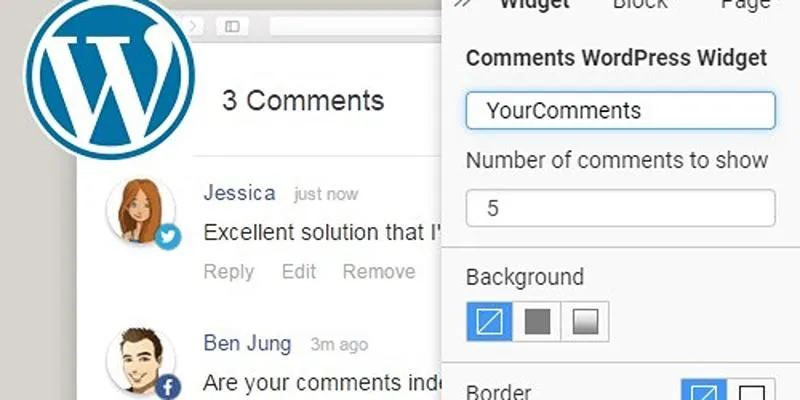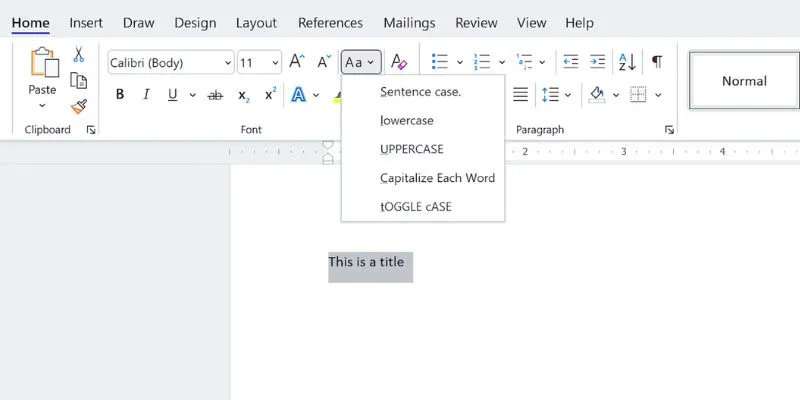The Ultimate Guide to Blocking Imposter Comments on WordPress
Preventing imposter comments in WordPress is crucial for maintaining a secure and trustworthy website. These spammy or malicious comments can damage site credibility, disrupt user interactions, and pose security risks. By implementing effective strategies, website owners can safeguard their platforms, ensuring an engaging and authentic experience for visitors. Here’s how to tackle the issue efficiently.
Enable Comment Moderation

One of the most reliable methods to control suspicious comments is by enabling moderation. WordPress allows you to hold comments for review before they appear on your site. This gives you time to identify and delete imposter or spammy remarks.
How to enable it:
- Go to your WordPress Dashboard.
- Navigate to Settings > Discussion.
- Check the box that says “Comment must be manually approved.”
By reviewing each comment, you can prevent impersonators from slipping through the cracks.
Require Users to Register and Log In
Limiting comment access to registered users adds a layer of accountability. Requiring users to log in before commenting significantly reduces impersonation since it’s harder to forge a user identity that’s been verified via email.
To activate this:
- Head to Settings > Discussion.
- Enable “Users must be registered and logged in to comment.”
This approach ensures that every comment comes from a traceable account.
Install a Quality Anti-Spam Plugin
Anti-spam plugins are crucial for flagging comments that contain malicious links, suspicious behavior, or impersonation attempts. Tools like Akismet Anti-Spam, Antispam Bee, or CleanTalk automatically filter potential threats.
These plugins:
- Use intelligent filters to detect spam.
- Block known spam IP addresses.
- Provide a blacklist and whitelist feature for refined control.
Keep your plugins updated to ensure maximum protection against evolving imposter strategies.
Use Comment Blacklists and Keywords
WordPress allows you to configure a list of words, email addresses, or IPs that will automatically send comments to the moderation queue or trash.
Steps:
- Go to Settings > Discussion.
- Use the Comment Moderation and Disallowed Comment Keys fields.
Add suspicious words, impersonator names, or flagged IP addresses to these lists to auto-block them in the future.
Restrict Links in Comments
Imposter comments often include promotional or harmful links. Limiting the number of links allowed in a single comment can act as an effective deterrent.
To set this:
- In Settings > Discussion, find the “Hold a comment in the queue if it contains” field.
- Set a low link limit (e.g., 1).
This will ensure that any comment with excessive linking is held for review or blocked.
Utilize CAPTCHA or reCAPTCHA
Human verification tools such as Google reCAPTCHA can stop automated bots and deter impersonators who use scripts to post fake comments.
Popular plugins include:
- reCAPTCHA by BestWebSoft: A user-friendly plugin that helps protect your website from spam and overuse by integrating Google’s reCAPTCHA. It’s easy to set up and customize for added security.
- WPForms with reCAPTCHA integration: A powerful form builder that includes seamless integration with Google’s reCAPTCHA to ensure your forms are secure while maintaining a smooth user experience.
These tools ask users to confirm their human identity before they can submit a comment, drastically reducing fake or mass-produced content.
Disable Anonymous Comments
Allowing anonymous comments on your platform significantly increases the risk of impersonation, as individuals can post under false identities without accountability. This can lead to misuse, including trolling, misinformation, or harmful content.
To configure this:
- Navigate to Settings > Discussion in your WordPress dashboard to access the options for managing comments.
- Look for the setting labeled “Comment author must fill out name and email,” and make sure it is checked. This ensures that anyone leaving a comment on your site is required to provide their name and email address.
Even if users don’t need to register, this small step filters out many impersonators who rely on anonymity.
Monitor IP Addresses and Comment Behavior
Repeated fake comments from the same IP or with similar patterns can help identify imposters. Plugins like WP Statistics or Wordfence Security help you track IPs and behavior.
Features include:
- Real-time IP logging to monitor and track incoming traffic as it happens.
- Detailed geo-location information to identify the physical location of incoming IPs.
- The ability to manually block suspicious IP addresses to enhance security and prevent unauthorized access.
Use this data to block or report persistent offenders.
Limit Comment Frequency per User
Another effective method to catch and reduce imposter activity is by implementing limits on how frequently users can comment within a specific time frame. This approach helps to prevent spamming or malicious behavior.
Plugins like:
- Throttle Comments: Control the flow of incoming comments to prevent spam and ensure a better user experience on your site.
- Rate Limiting Plugin for WordPress: A tool designed to manage traffic spikes by limiting the number of requests from individual users.
These tools ensure a natural commenting pace and discourage automated or impersonated mass posts.
Educate Your Audience and Team

Let your readers know the signs of an imposter comment and encourage them to report anything suspicious. Additionally, if your site has multiple moderators or contributors, train them to recognize fake names, tone inconsistency, and suspicious URLs.
Tips to share with your audience:
- Always check the comment profile links carefully before clicking to ensure they lead to legitimate sources and not phishing sites.
- Report any comments that seem suspicious, such as those with names that don’t match the content.
- Stay cautious of generic compliments or vague messages followed by links, as these are often tactics used to bait users into clicking malicious links.
An informed community acts as your first line of defense.
Conclusion
Preventing imposter comments in WordPress requires a mix of technical measures and human oversight. While plugins and settings offer strong initial protection, staying alert and proactive is equally important. By following these 10 tips, you’ll build a safer and more trustworthy space for genuine interaction. Not only does it protect your website’s integrity, but it also enhances the experience for your real users.
For further reading on improving your WordPress security, check out our comprehensive security guide.
On this page
Enable Comment Moderation Require Users to Register and Log In Install a Quality Anti-Spam Plugin Use Comment Blacklists and Keywords Restrict Links in Comments Utilize CAPTCHA or reCAPTCHA Disable Anonymous Comments Monitor IP Addresses and Comment Behavior Limit Comment Frequency per User Educate Your Audience and Team ConclusionRelated Articles

The 4 Best AI Website Builders for Effortless Website Creation

PowerPoint Image Compression: Reduce File Size Without Sacrificing Clarity

Wix vs. Squarespace: A Comprehensive Comparison to Find the Best Website Builder

How to Capitalize All Letters in Word, Excel, and Other Apps: A Complete Guide

How to Capitalize All Letters in Word, Excel, and Other Apps: A Complete Guide

Understanding YouTube Demonetization Rules in 2025

How to Bulk Resize Large Images in WordPress Without Losing Quality

How to Limit Heartbeat API in WordPress: Beginner-Friendly Methods

Boost Trust for Free: Adding McAfee SECURE Seal to Your WordPress Site

How to Build an Auction Site Like eBay Using WordPress: A Step-by-Step Guide

Top Reasons to Add a Floating Share Box to Your WordPress Site

Efficient Text Separation Techniques for Excel and Google Sheets
Popular Articles

5 Ways to Automate Your Calendar and Never Miss an Appointment Again

How to Capitalize All Letters in Word, Excel, and Other Apps: A Complete Guide

Mozilla Updates Firefox Policies to Clarify Privacy and User Rights

How to Easily Edit and Trim Videos on Your Android Devices

Splice Video Editor: Fast, Simple Editing for Creators on the Go

Best Ways to Convert WAV to MP3 and Reduce Podcast File Size Fast

8 Must-Have Productivity Tools Every Software Engineering Manager Needs

Enhance Your Customer Support with These 6 Automation Strategies

Which Is the Best Meeting Scheduler? Microsoft Bookings or Calendly

Which Are The 6 Best Email Clients for Mac: A Comprehensive Comparison

5 Simple Steps to Create Your Own AI Calendar Assistant

 mww2
mww2